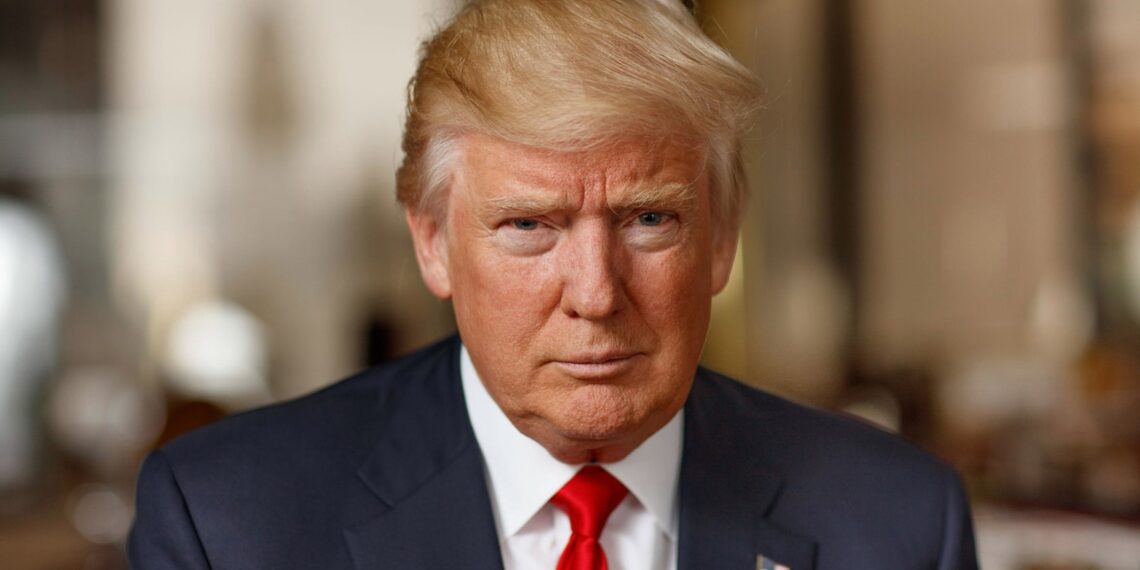US President Donald Trump has once again asserted that India will completely stop purchasing oil from Russia, adding that China too is reducing its imports “very substantially.”
His remarks came while speaking to reporters aboard Air Force One en route to Malaysia on Saturday.
“India is cutting back [on Russian oil purchases] completely,” Trump said, reiterating his administration’s stance that both India and China are scaling down their energy ties with Moscow. He added that he might raise the issue with Chinese President Xi Jinping during their meeting on the sidelines of the upcoming Asia-Pacific Economic Cooperation (APEC) summit in South Korea.
Over the past week, the Trump administration has maintained that India assured Washington of a significant reduction in Russian oil imports.
However, New Delhi has repeatedly stated that its energy policy is determined by national interest, aimed at ensuring affordable and reliable energy supplies for its citizens.
The US has accused India of indirectly aiding Moscow’s war effort in Ukraine by continuing to buy Russian crude, a claim India has rejected.
The diplomatic strain between the two countries has deepened further after Washington imposed steep tariffs on Indian goods, doubling them to 50 percent, including a 25 percent levy specifically linked to India’s crude imports from Russia.
India has termed the move “unfair and unreasonable.”
During the same interaction, Trump also revisited his claim of helping mediate peace between India and Pakistan.
He said that while he initially believed resolving the Russia-Ukraine war would be easier than addressing tensions between the two South Asian neighbours, the situation proved otherwise.
ALSO READ: After top Pakistan Army general, two federal ministers fly into Dhaka from Islamabad today
“If you look at India and Pakistan, I thought almost any of the deals I’ve made before would be tougher than Russia and Ukraine—but it didn’t turn out that way. There’s a lot of hatred between Zelensky and Putin,” Trump said.
Earlier this year, Trump had declared that India and Pakistan reached a “full and immediate ceasefire” on May 10 after what he described as a “long night of negotiations” mediated by Washington.
However, India has consistently maintained that the ceasefire understanding was the outcome of direct talks between the Directors General of Military Operations (DGMOs) of both nations.
The ceasefire followed India’s launch of ‘Operation Sindoor’ on May 7, targeting terror infrastructure in Pakistan and Pakistan-occupied Kashmir in retaliation for the April 22 Pahalgam attack that claimed 26 civilian lives.
After four days of intense cross-border exchanges, both sides agreed to end hostilities.















